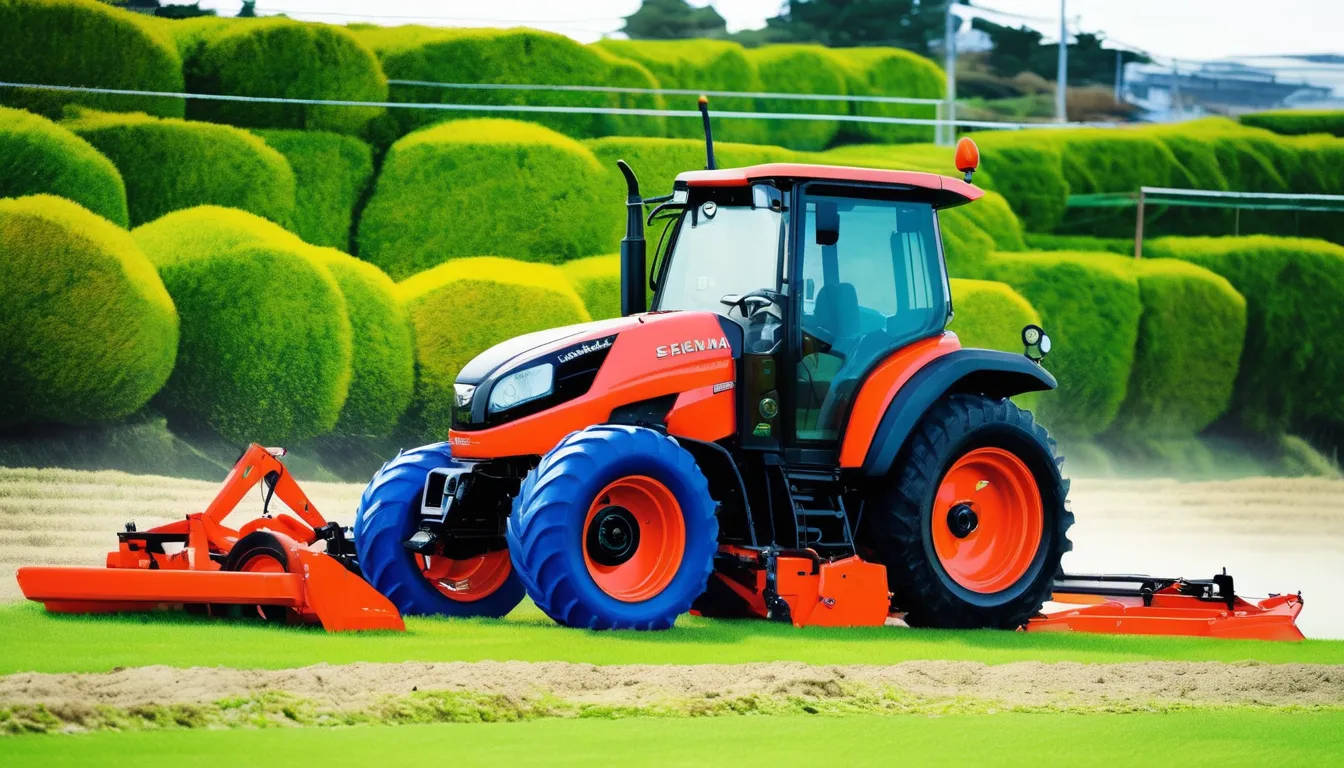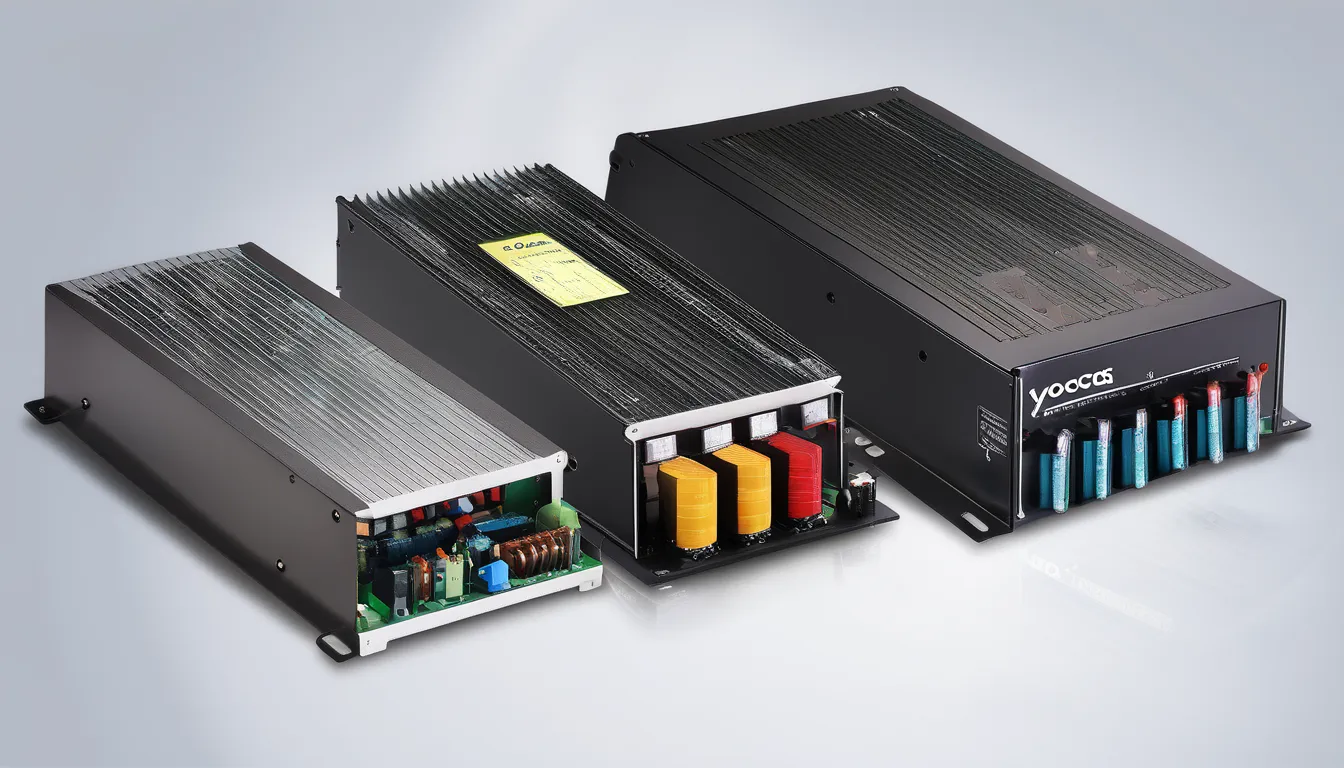As a new operator in the construction industry, navigating the world of construction machinery can be both challenging and rewarding. The sheer power and precision of these heavy-duty machines require a level of expertise that goes beyond just pushing buttons and pulling levers. Understanding how to operate excavators, bulldozers, loaders, and cranes effectively is not only about getting the job done but also about ensuring your safety and the safety of those around you. So, let’s explore the nuances of construction machinery together and uncover the keys to becoming a skilled operator in this dynamic field.
Understanding Construction Machinery
When it comes to construction machinery, understanding its various components and functions is essential for anyone working in the industry. Each piece of equipment has specific roles and functions that contribute to the overall success of a construction project. Excavators, for example, are versatile machines used for digging, material handling, demolition, and landscaping tasks. They consist of a boom, stick, and bucket that work together to perform these functions efficiently.
Bulldozers, on the other hand, are powerful machines equipped with a large metal plate, known as a blade, used for pushing large quantities of soil, sand, or rubble.
Furthermore, loaders are essential in construction for moving materials such as dirt, gravel, or sand from one location to another. These machines have a front-mounted bucket that can be raised and tilted to collect and deposit materials. Understanding the specific roles and functions of each construction machinery type will help you operate them effectively and safely on the job site.
Safety Guidelines for Operators
To ensure the well-being of operators and maintain a safe work environment, adhering to strict safety guidelines is paramount when operating construction machinery. Before starting any task, always conduct a thorough inspection of the equipment to ensure it’s in proper working condition. Wear appropriate personal protective equipment (PPE) such as hard hats, safety glasses, gloves, and steel-toed boots.
Familiarize yourself with the machinery’s controls and emergency shut-off procedures. Avoid operating machinery while fatigued or under the influence of drugs or alcohol. Be aware of your surroundings at all times and communicate effectively with other workers on the site. Never bypass safety devices or guards on the machinery.
Follow proper procedures for mounting and dismounting equipment to prevent falls and injuries. In the event of any malfunctions or concerns about safety, immediately report them to your supervisor. Remember, safety is everyone’s responsibility on the construction site.
Operating Bulldozers and Excavators
Before you begin operating bulldozers and excavators, it’s vital to ensure that you have undergone proper training and are familiar with the specific controls and functions of each machine.
Bulldozers are essential for pushing large quantities of soil, sand, or debris. To operate a bulldozer effectively, you must be skilled in using the blade to push material, while also understanding how to control the tracks for precise movement.
Excavators are versatile machines used for digging trenches, holes, or foundations. Familiarize yourself with the excavator’s boom, bucket, and cab controls to ensure efficient operation. Remember to always check the surroundings for obstacles before starting work with these powerful machines.
Understanding the weight distribution and the machine’s limitations is crucial for safe operation. Practice operating the bulldozer and excavator in different conditions to gain confidence and skill in handling these construction vehicles efficiently.
Mastering Crane Operation Techniques
To become proficient in crane operation techniques, start by understanding the fundamental controls and safety protocols. Familiarize yourself with the crane’s joysticks, levers, pedals, and switches. Practice operating the crane in a controlled environment before moving on to more complex tasks. Always conduct a pre-operation inspection to ensure the crane is in proper working condition.
When operating the crane, remember to maintain a stable center of gravity to prevent tipping. Use smooth and controlled movements when lifting or lowering loads to avoid sudden shifts that could endanger yourself and others. Pay close attention to load capacities and never exceed the crane’s limits.
Communicate effectively with spotters and other workers on the ground to ensure a safe work environment. Always follow established hand signals or radio communication protocols.
Prioritize safety at all times by wearing appropriate personal protective equipment and adhering to all site-specific safety regulations.
Maintenance Tips for Longevity
For optimal performance and longevity of your construction machinery, regular maintenance is key. By following a few simple tips, you can ensure that your equipment continues to operate smoothly and efficiently.
Firstly, always adhere to the manufacturer’s maintenance schedule. Regularly checking and changing the oil, filters, and hydraulic fluids can prevent costly breakdowns. Inspect all moving parts for wear and tear, and promptly replace any damaged components. Keep an eye on the condition of tires, tracks, and other wear-prone parts to avoid accidents and downtime.
Additionally, cleanliness plays a crucial role in equipment longevity. Regularly clean the machinery to prevent dirt buildup that can lead to corrosion and mechanical issues. Store your equipment in a dry and covered area when not in use to protect it from the elements.
Lastly, invest in proper training for your operators to ensure they handle the 農機具 買取り correctly, reducing the risk of damage. By following these maintenance tips, you can extend the lifespan of your construction machinery and maximize its efficiency on the job site.
Frequently Asked Questions
Can Construction Machinery Be Operated in Extreme Weather Conditions?
Yes, construction machinery can be operated in extreme weather conditions, but it requires additional precautions. Always check equipment manuals for guidelines. Ensure proper maintenance, monitor weather reports, and prioritize safety measures to prevent accidents.
What Qualifications Are Needed to Operate Heavy Construction Equipment?
You need proper certifications, training, and a valid license to operate heavy construction equipment safely. Experience, knowledge of equipment functions, and adherence to safety regulations are essential. Continuous learning and skill development are crucial.
Is It Possible to Retrofit Older Machinery With New Technology?
Yes, it’s possible to retrofit older machinery with new technology. You can upgrade systems like GPS, sensors, and safety features to enhance performance and compliance. Consult with experts to determine the best options for your equipment.
How Often Should Operators Undergo Refresher Training?
You should undergo refresher training annually to stay updated on safety protocols, equipment advancements, and best practices. Regular training ensures competency and promotes a culture of continuous learning among operators, enhancing overall job performance.
What Are the Environmental Impacts of Construction Machinery Usage?
You should know that environmental impacts of construction machinery usage include air and noise pollution, habitat destruction, and fuel consumption. It is crucial to use eco-friendly practices and equipment to minimize these effects.
Conclusion
In conclusion, as a new operator in the construction industry, familiarizing yourself with the various types of construction machinery and safety guidelines is essential for a successful career. By mastering the techniques of operating bulldozers, excavators, and cranes, and following maintenance tips, you can contribute to a safe and efficient work environment. Remember to prioritize safety, training, and regular maintenance to ensure the longevity of the machinery and the well-being of yourself and your team. Good luck in your construction endeavors!





